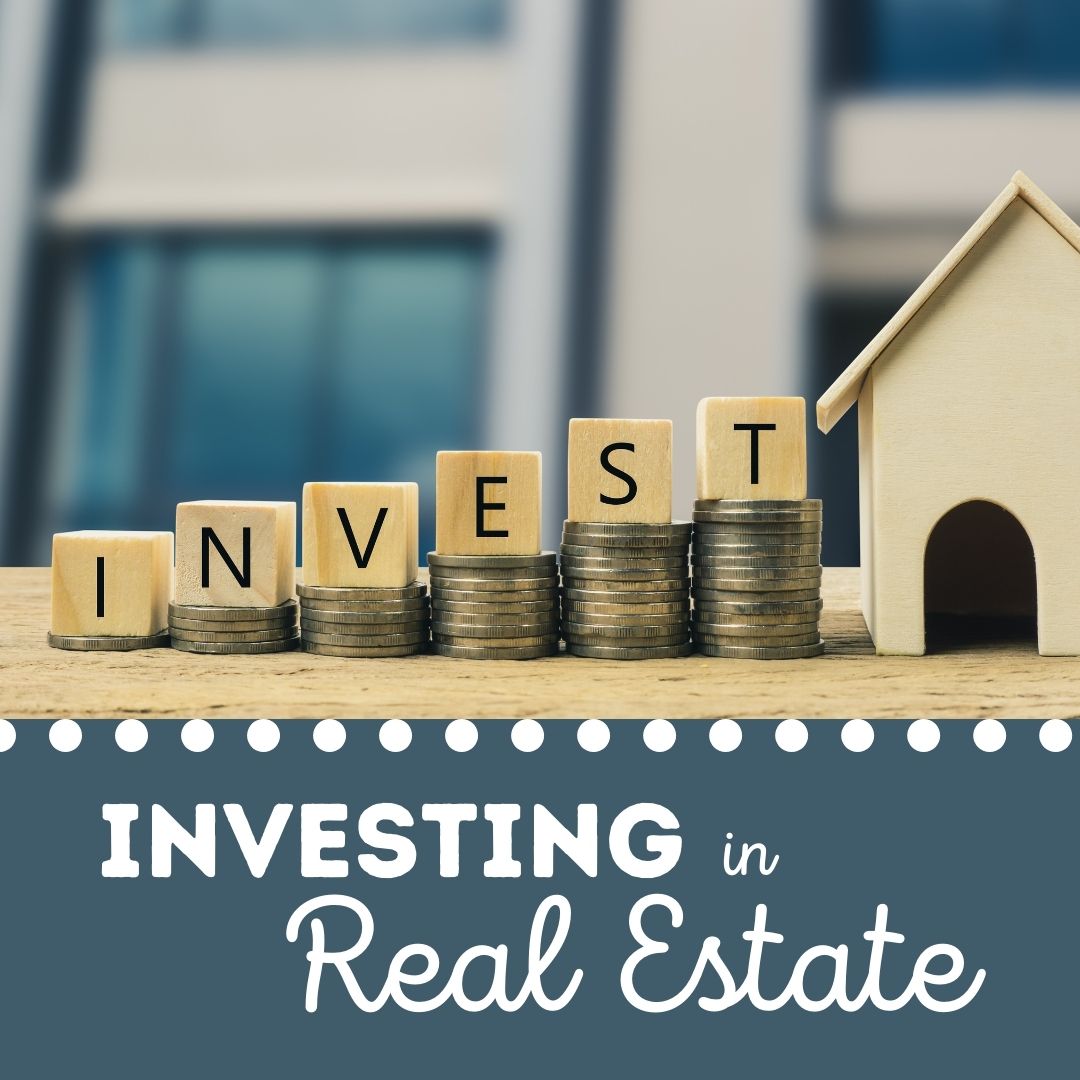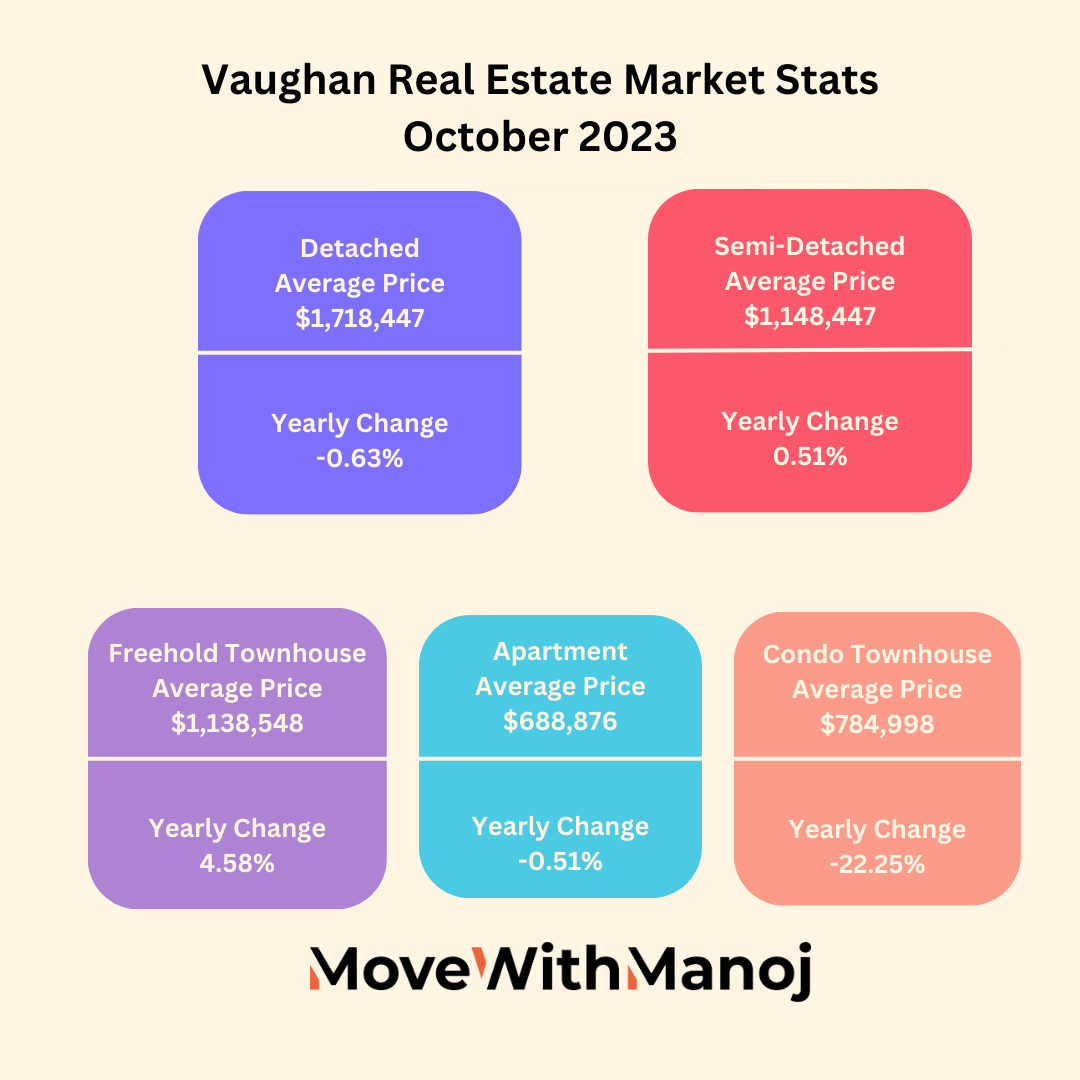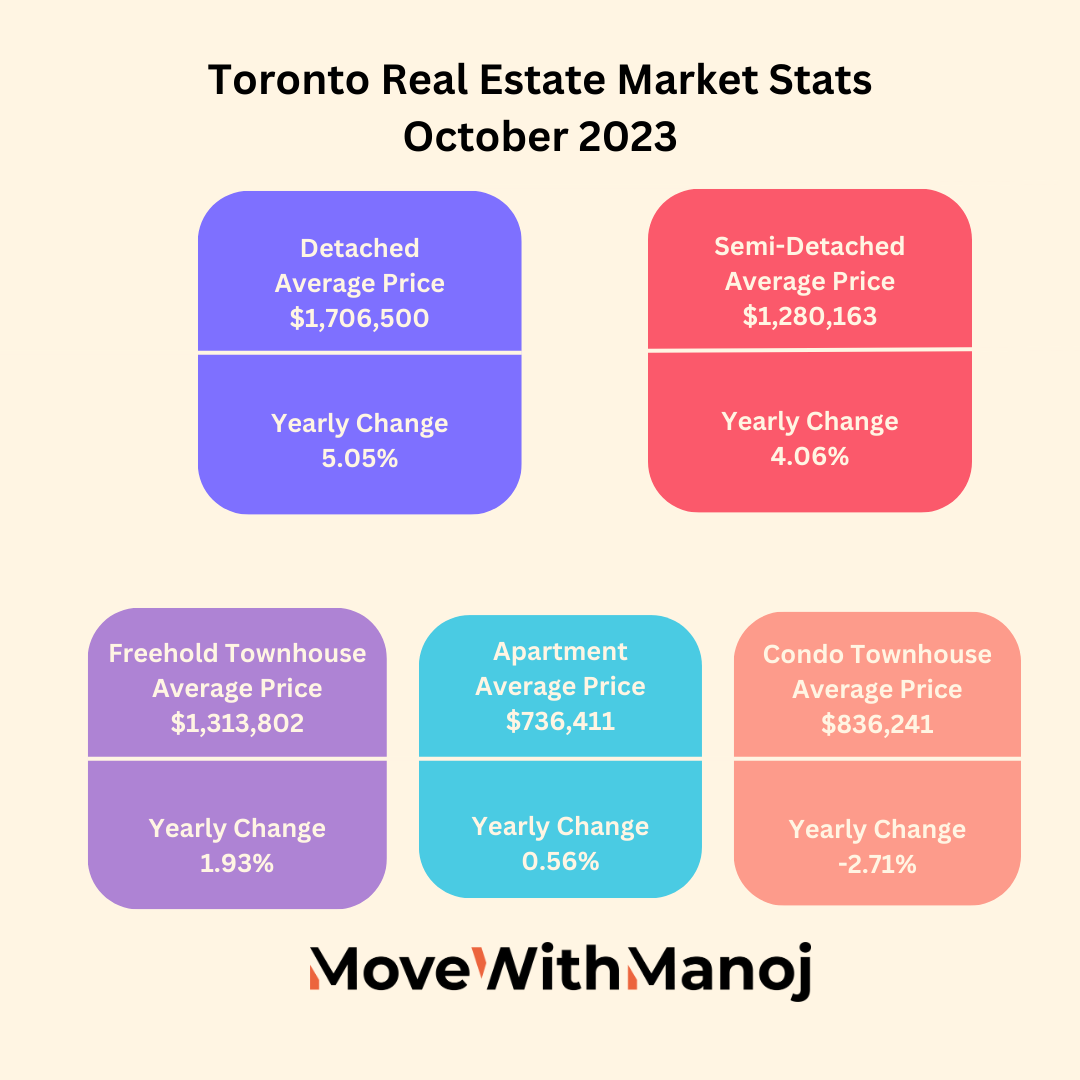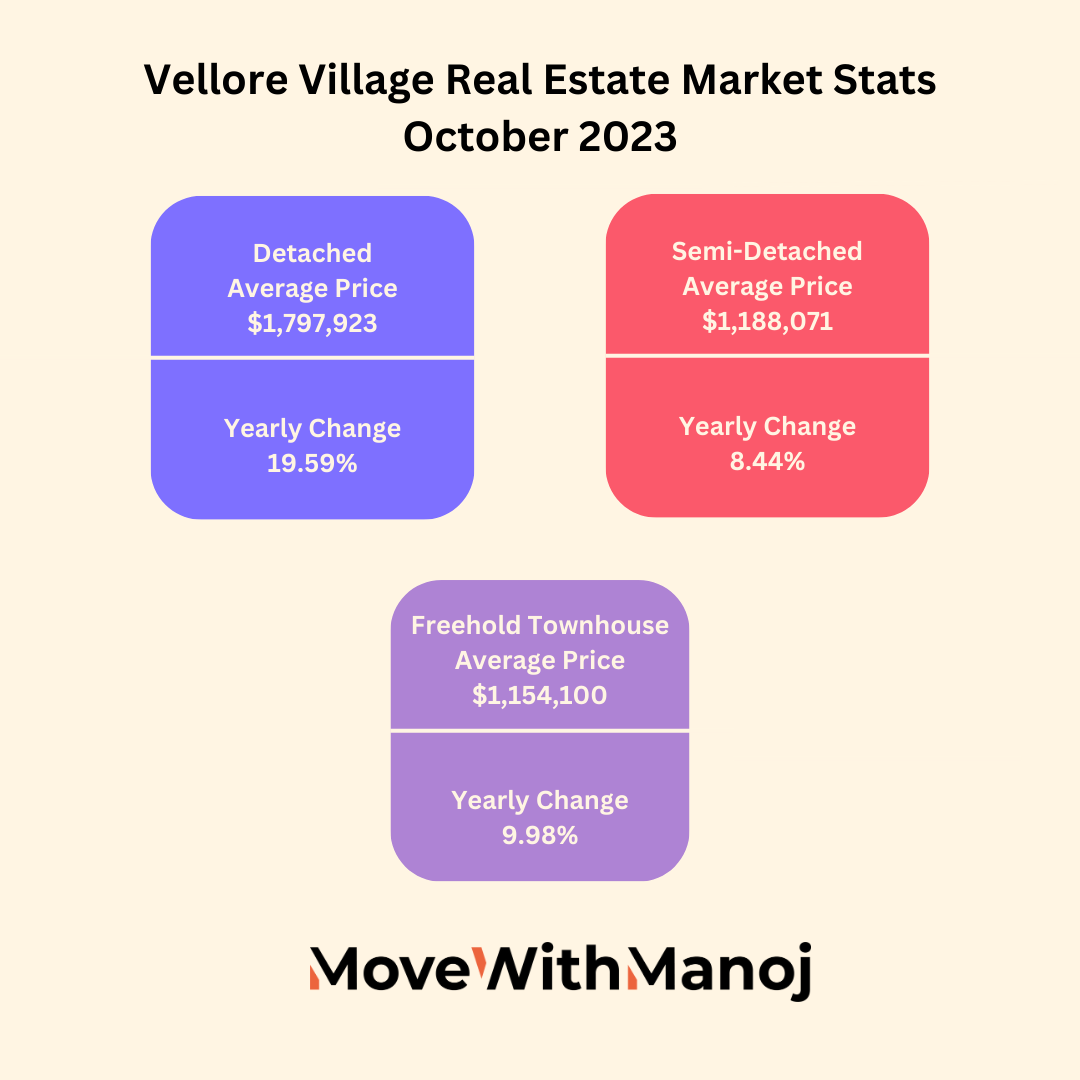Investing in Real Estate

Investing in real estate within the Greater Toronto Area can be a lucrative investment if done correctly. However, there are some key criteria one should look for when thinking about investing, and it depends on what type of real estate you are looking to purchase, i.e. residential, commercial, lowrise, highrise, Condo, etc. So we will eliminate some of the confusion and give you a breakdown of why Real Estate is an excellent investment and what type of return investors have received in the past.
Why is Real Estate a Lucrative Investment?
Real estate is a lucrative investment because you can leverage your money by borrowing money from the bank. The reality is there isn't any other type of investment the banks feel safer about than real estate, and they show you this by lending you 80% of the purchase price for it. They may tell you otherwise, as seen in the past banks making statements in the news where they were overvaluing Canadian Real Estate by 10% to even as high as 40% overvalued. They do this because they would rather have you invested in their mutual funds or stocks, they make more money that way, but they won't lend you 80% of the value while you invest 20% for it. Wealth Management is one of the most profitable divisions for all Canadian Banks, and it's where they get to charge you 1%-2.5% on any money you have invested in their mutual funds or stocks. Mortgages aren't the most profitable line of business for the banks, so they bash real estate as an investment option. I think that it's a good thing because if everyone invested in real estate, it wouldn't be as profitable as it currently is.
Let's take a look at some numbers on why real estate is a lucrative investment. Let's say you have $100,000 to invest; you have a few different options:
- GIC or Bonds- Invest it into a Guaranteed Investment Certificate at the bank and earn 2% a year which translated into $2,000 a year, or low-risk bonds at 3%, giving you $3,000 a year
- Stocks or Mutual Funds- The goal of every mutual fund out there is to beat the underlying exchange. And only 1 out of every 20 mutual funds has been able to do that in the past, according to a study done by S&P, so I will take a look at the TSX and assume you will invest $100,000 there. If you wanted, the bank would lend you max another $100,000 to invest, but you will have to come up with the interest payments, so I will not include it.
As you can see from the above chart, if you invested $100,000 on Jan 1, 2015, by Jan 1, 2020, that money would have grown to $118,025. Meaning over five years, you earned $18,025 total on a 100k, which works out to be 3.61% per year. Considering all of the risks involved in the stock market, I would say that this is a horrible rate of return. I would also like to point out that this is pre-covid 19 hitting the stock market, and we still don't know the effects that will have, but I will update this article by the end of 2020 to analyze it again.
Let's say the last five years were an anomaly in the stock market, and let's try to analyze the last ten years instead. So I drew up a graph from Jan 1, 2010, to Jan 1, 2020. As you can see from that graph, if you invested $100,000 in Jan 2010, you would have had a total portfolio value of $153,531 by Jan 1, 2020. So that's $53,531 in ten years or a 5.35% per year rate of return, which isn't so bad.
Now let's look at Real Estate as an Investment option. I can use an average of all home types in Toronto and give you a straightforward graph of how things have grown, but I like to be a little thorough. So we are going to analyze Detached, Townhouse and Condos. The other thing to consider in the following scenarios is that you will need a minimum of 20% down for an Investment Property at the time of purchase. This can be more than the $100,000 we have been analyzing for other investments, plus on top of that; you need 3-4% for closing costs. I will discuss the initial costs of each type of property.
Detached Home as an Investment
Purchase date: Jan 1, 2010
Purchase Price $623, 873
Initial Down Payment 20%= $124,775
Mortgage required 80%-$499,098
Amortized over 30 years at 3.5% per year and payment frequency is Monthly
Closing Costs at 4% = $24,955
Total Cash Required in 2010 to purchase a detached home was $150,000 roughly, and the bank would have financed the rest at 80% loan to value.
As you can see from the above graph, your real estate investment would have been valued at $1,348,165 by December 2019, and the outstanding principal on your mortgage would have been $386,086. This means you would have made a $962,079 total return on your $150,000 Investment. Of course, there would have been other expenses that might have come up, such as the roof leaking, fridge breaking down, toilet leaking, vacancy rates, etc. So let's say you had to spend an extra $40,000 in expenses over the last ten years, and you will pay another $75,000 selling the place. You still would have ended up with $697,000 plus your initial $150,000. That's a 465% rate of return on your initial $150k. People that understand the power of leverage in real estate don't invest anywhere else.
Let's look at this in the last five years for a detached Real Estate Investment in Toronto.
Jan 1, 2015
Purchase Price: $954,635
20% Down Payment: $190,927
80% Mortgage Amount- $763,708
30 year amortization at 3.5% interest rate and payment frequency is Monthly
4% Closing Costs-$38,185
The total Cash required to purchase a property would be $229,112
As you can see from the chart above property by December of 2019, your property value would have been $1,348,165, and your outstanding mortgage would have been $684,725. That means you had total equity of $663,440 minus your original $229,112, minus selling costs of $75,000; you would have a profit of $359,328 over five years by owning a Detached property as a Real Estate Investment. That's a whopping 157% rate of return on your investment over a five-year time frame. Of course, as you can see, long-term investing pays off more, even in the real estate world.
Townhouse as a Real Estate Investment Property
Holding the Property for 10 Years
Jan 1, 2010
Purchase Price: $495,174
20% Down payment: $99,035
80% Mortgage Amount: $396,139
Amortized over 30 years at 3.5%, payment frequency is monthly
4% Closing Cost $19,807
Total Cash Needed to purchase a Townhouse: $118,842
Jan 1, 2020
Townhouse Price: 1,028,409
Outstanding Mortgage: $295,936
Subtract Selling Expenses 5%= $52,000
Original Equity: 118,842
Total Profit= Selling Price-Outstanding Mortgage-Selling Expenses-Original Equity)= $561, 631
Percentage Profit on your Original Down payment: 47.26% Profit Per Year or a total of 472% profit on your original $118,842 Down Payment
Holding the Townhouse for five years
Jan 1, 2015
Purchase Price of a Townhouse: $703,151
20% Down Payment: $140,630
80% Mortgage Financed: $562,520
Amortized over 30 years at 3.5%, payment frequency is monthly
4% Closing Cost $28,126
Total Down payment required to purchase the property: $168,756
Jan 1, 2020
Townhouse Price: 1,028,409
Outstanding Mortgage: $491,708
Subtract Selling Expenses 5%= $52,000
Original Equity: 168,756
Total Profit= Selling Price-Outstanding Mortgage-Selling Expenses-Original Equity)= $315,945
Percentage Profit on your Original Down payment: 37.44% Profit Per Year or a total of 187% profit on your original $168,756 Down Payment
Buying a Condo as an Investment Property:
For simplicity, I am going to use an average of all condo sales vs picking 1 bed, 2 bed etc. However, if you are ever debating purchasing a condo and would like to know the figures, I am always here to help and get those numbers for you.
Jan 1 2010
Purchase Price of a Condo: $310,409
20% Down Payment: $62,082
80% Mortgage Financed: $248,327
Amortized over 30 years at 3.5%, payment frequency is monthly
4% Closing Cost $12,416
Total Down payment required to purchase the property: $74,498
Jan 1, 2020
Condo Price: $710,957
Outstanding Mortgage: $185,513
Subtract Selling Expenses 5%= $35,548
Original Equity: $74,498
Total Profit= Selling Price-Outstanding Mortgage-Selling Expenses-Original Equity)= $415,398
Percentage Profit on your Original Down payment: 55.7% Profit Per Year or a total of 557.6% profit on your original $74 498 Down Payment. Thank You, Mr. Bank, for Lending you the money
Five-year analysis of Condo's
Jan 1 2015
Purchase Price of a Condo: $ 384,027
20% Down Payment: $76,805
80% Mortgage Financed: $307,222
Amortized over 30 years at 3.5%, payment frequency is monthly
4% Closing Cost $15,361
Total Down payment required to purchase the property: $92,166
Jan 1, 2020
Condo Price: $710,957
Outstanding Mortgage: $268,547
Subtract Selling Expenses 5%= $35,548
Original Equity: $92,166
Total Profit= Selling Price-Outstanding Mortgage-Selling Expenses-Original Equity)= $314,696
Percentage Profit on your Original Down payment: 34.14% Profit Per Year or a total of 341.44% profit on your original $92,166 Down Payment. Thank You, Mr. Bank, for Lending you the money




Comments